Listeners:
Top listeners:
-
play_arrow
Vibrant Radio
-
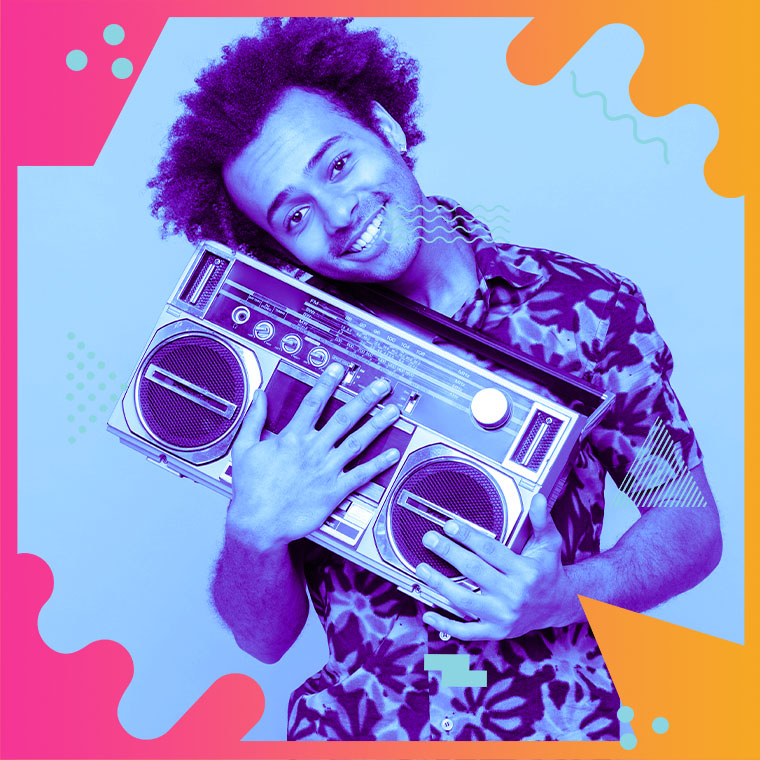 play_arrow
play_arrow
Top Techno Podcast Yana Bolder
-
 play_arrow
play_arrow
Summer Festival Podcast Robot Heart
-
 play_arrow
play_arrow
Berlin Sound Podcast Robot Heart
-
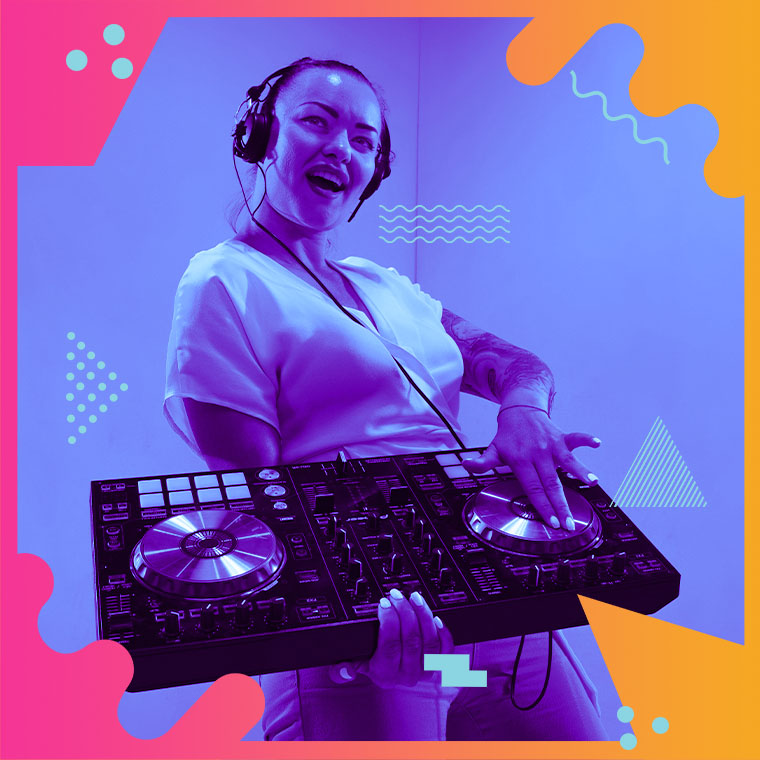 play_arrow
play_arrow
Electronic Trends Podcast Aaron Mills
-
 play_arrow
play_arrow
New Year Eve Podcast Robot Heart
-
 play_arrow
play_arrow
ADE podcast Robot Heart
-
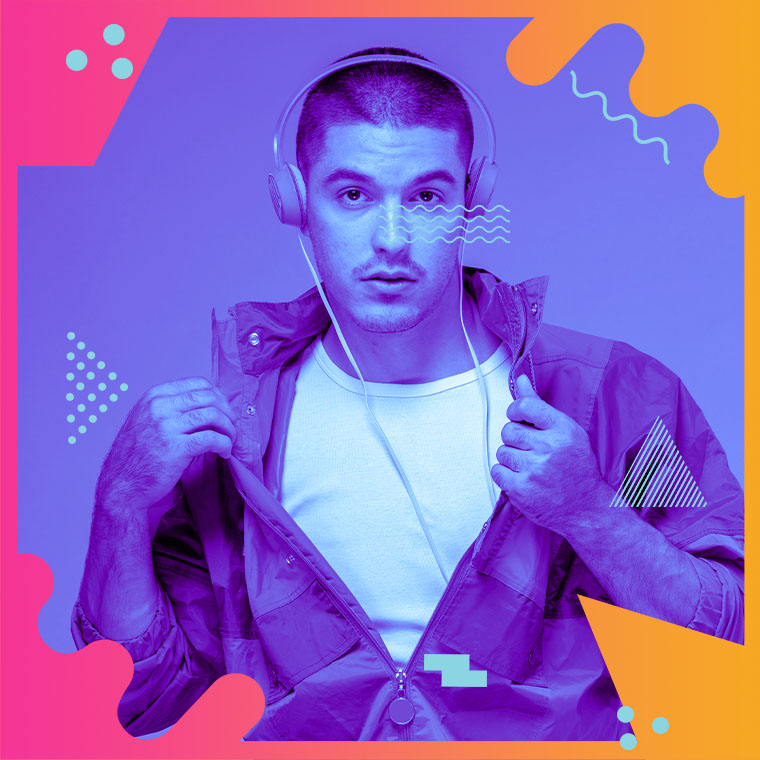 play_arrow
play_arrow
Techno Podcast Robot Heart
-
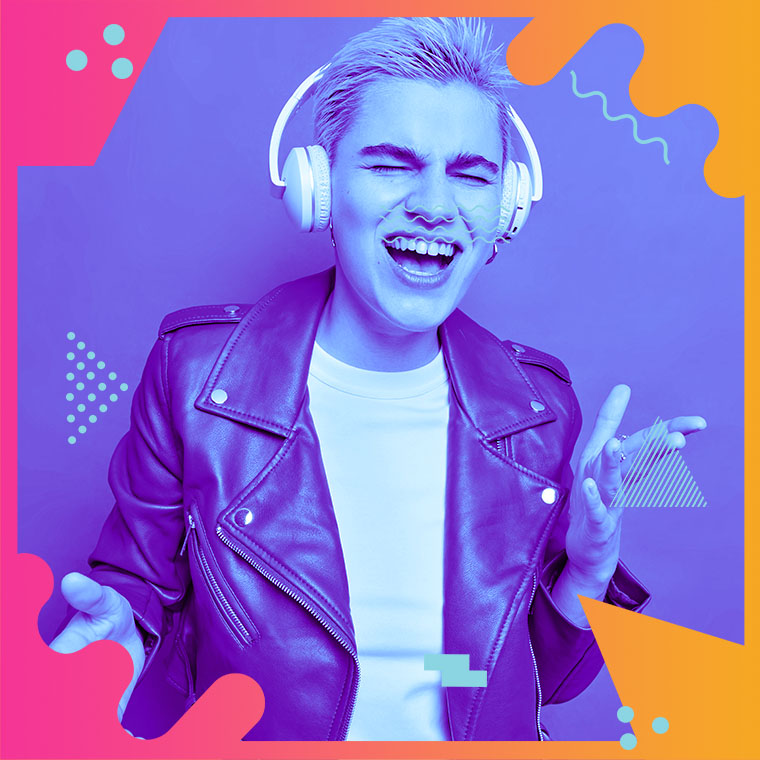 play_arrow
play_arrow
Flower Power Festival Podcast Robot Heart
-
 play_arrow
play_arrow
Tech House Podcast Robot Heart
-
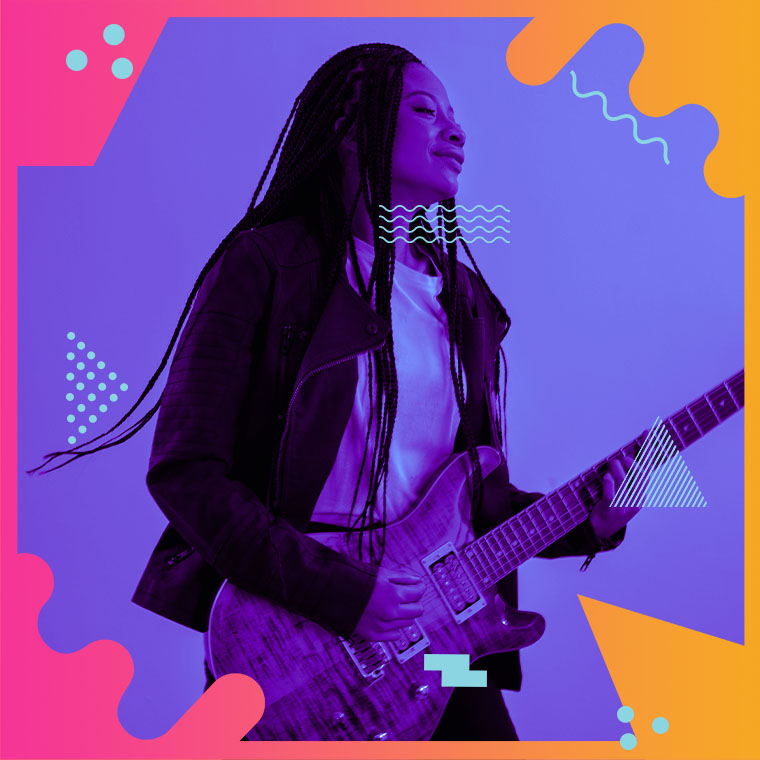 play_arrow
play_arrow
Winter Festival Podcast Robot Heart
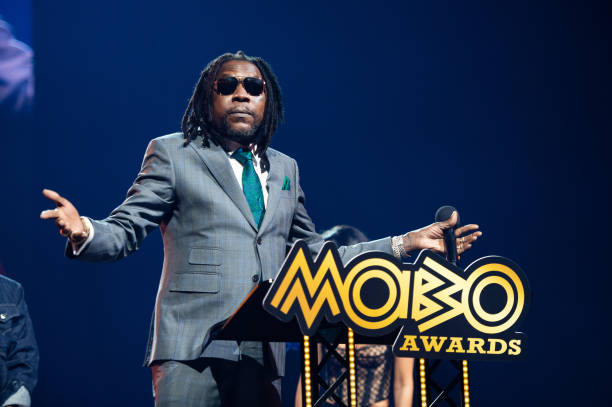
NEWCASTLE UPON TYNE, ENGLAND - FEBRUARY 18: Vybz Kartel receives the MOBO impact award during the MOBO Awards 2025 at the Utilita Arena on February 18, 2025 in Newcastle upon Tyne, England. (Photo by Joseph Okpako/WireImage)
After more than a decade behind bars, the gates of Horizon Adult Remand Centre finally opened, and Vybz Kartel — the Worl’ Boss himself — walked free. Thinner, quieter, but far from broken, his return sent shockwaves through Jamaica and the global dancehall scene. Many expected a comeback. Few were prepared for a transformation.
Behind bars, Adidja Palmer had become more than an artist. He had become a symbol — of controversy, of resistance, of lyrical genius too bold for confinement. Through the years, his voice never disappeared; it echoed from prison walls to party speakers. But freedom gave him something deeper: perspective.
And with that came a new fire.
His first performance, the now-legendary Freedom Street, wasn’t held in a stadium or luxury venue, but in the heart of Kingston — among the people who kept his name alive. Streets were cordoned off, speakers stacked high, and the air pulsed with anticipation. No dancers, no hype men, just Kartel and a live band, breathing new life into tracks that blended pain, wisdom, and prophecy.
He opened with “Who Feels It”, and the crowd fell into a hush — not of indifference, but reverence. Every word landed like scripture. By the time he performed “Buss Down the System”, tears mixed with cheers. That night wasn’t a show. It was a reckoning. A reminder that this man had never truly left.
But his next move would elevate everything.
Weeks later, on the grand stage of Reggae Sumfest, Kartel returned under stadium lights and a sky stitched with fireworks. The crowd roared like thunder as he emerged to the opening chords of “From Cell to Zion”. It wasn’t just a comeback — it was coronation. For over an hour, he commanded the stage, blending classic bangers with soul-baring new tracks. He moved like a man who had faced the abyss — and walked out with melody in his hands.
Yet his rise wasn’t just about the music.
Kartel soon launched Gaza Reborn, a creative and educational compound in Portmore aimed at uplifting ghetto youth through music, mentorship, and opportunity. Workshops replaced warzones. Beats replaced bullets. It wasn’t a PR move. It was purpose.
He gave interviews — not many, but meaningful ones — where he didn’t just speak about prison life or old feuds, but about books he read, ideas he wrestled with, and the man he’d become. “Mi nah try play saint,” he said in one viral clip. “But mi know growth when mi feel it. Mi know truth when mi sing it.”
The world responded. International artists lined up for collaborations. A Netflix docuseries, Freedom Rhythms, chronicled his transformation. Critics called it one of the most compelling comeback stories in modern music.
And through it all, Kartel stayed grounded in one simple fact: he owed it to the people — the ones who chanted “Free Worl’ Boss” when the system tried to silence him. The ones who believed his voice was more than entertainment — it was resistance, survival, and now, evolution.
Vybz Kartel’s rise from freedom isn’t just a tale of redemption.
It’s a masterclass in reinvention.
He didn’t beg for the world to accept him back.
He rewrote the story — beat by beat, bar by bar.
And this time, he’s not just building an empire.
He’s building a legacy.
Written by: Gary
Similar posts
Recent Posts
Recent Comments
No comments to show.Chart
Top popular
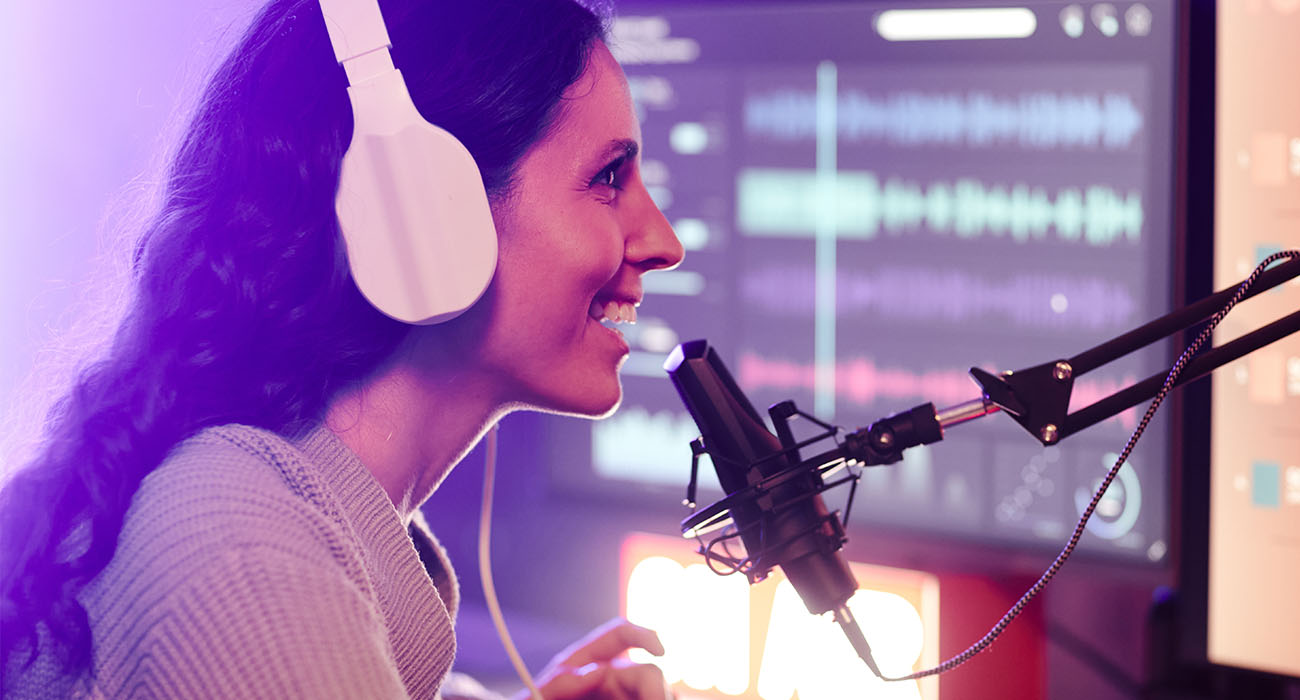
Breaking: Top Pop Star’s Surprise Album Release Sends Fans into Frenzy
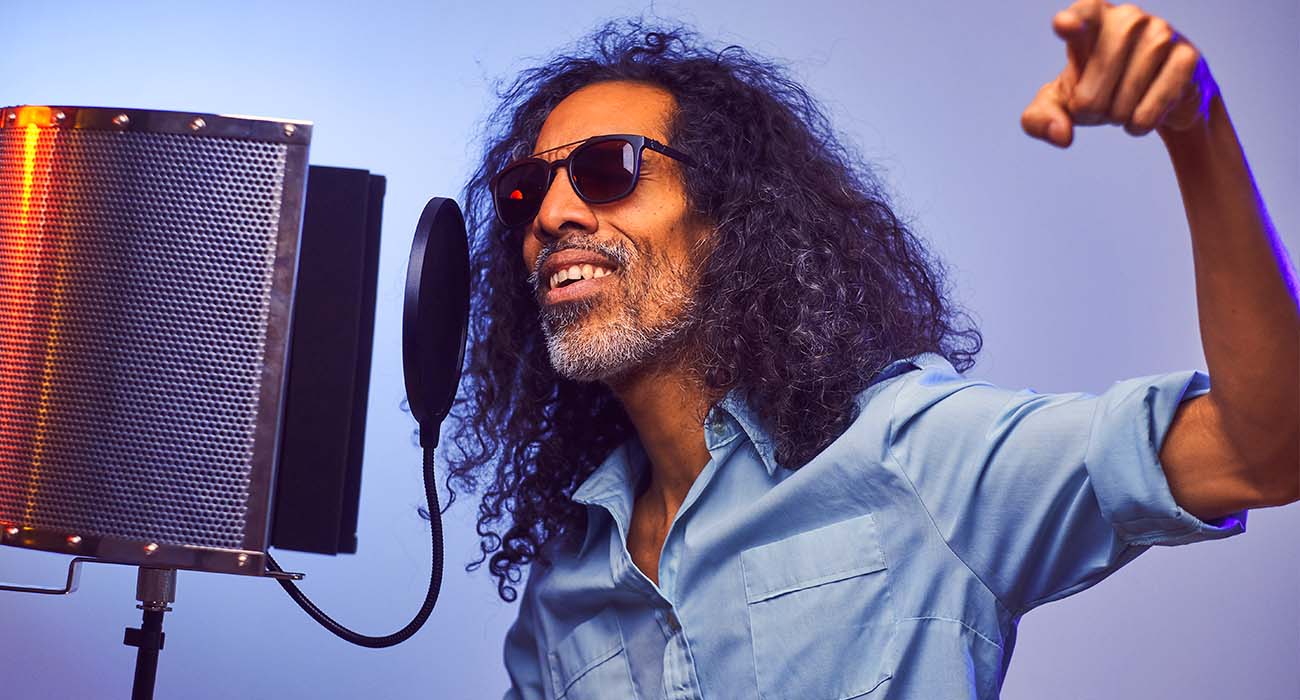
Chart-Toppers Unite: Pop Music’s Biggest Collaborations of the Year
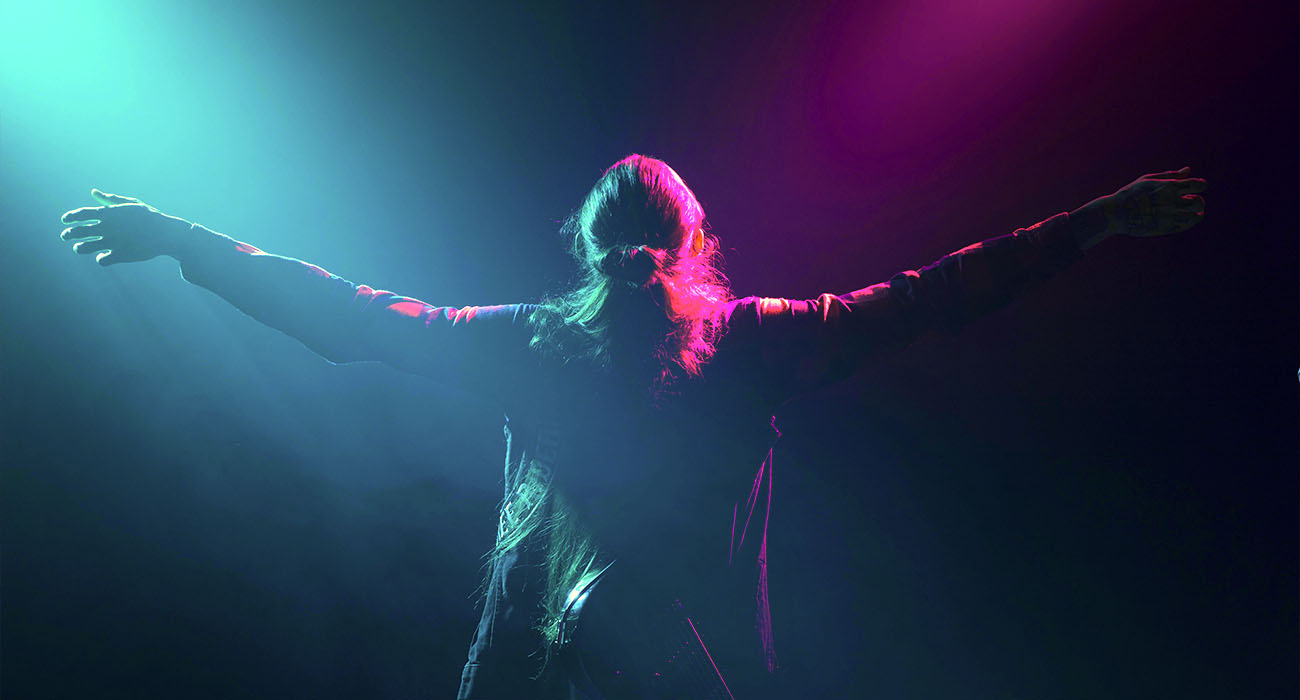
Behind the Scenes: Pop Music’s Hottest Producers and Songwriters
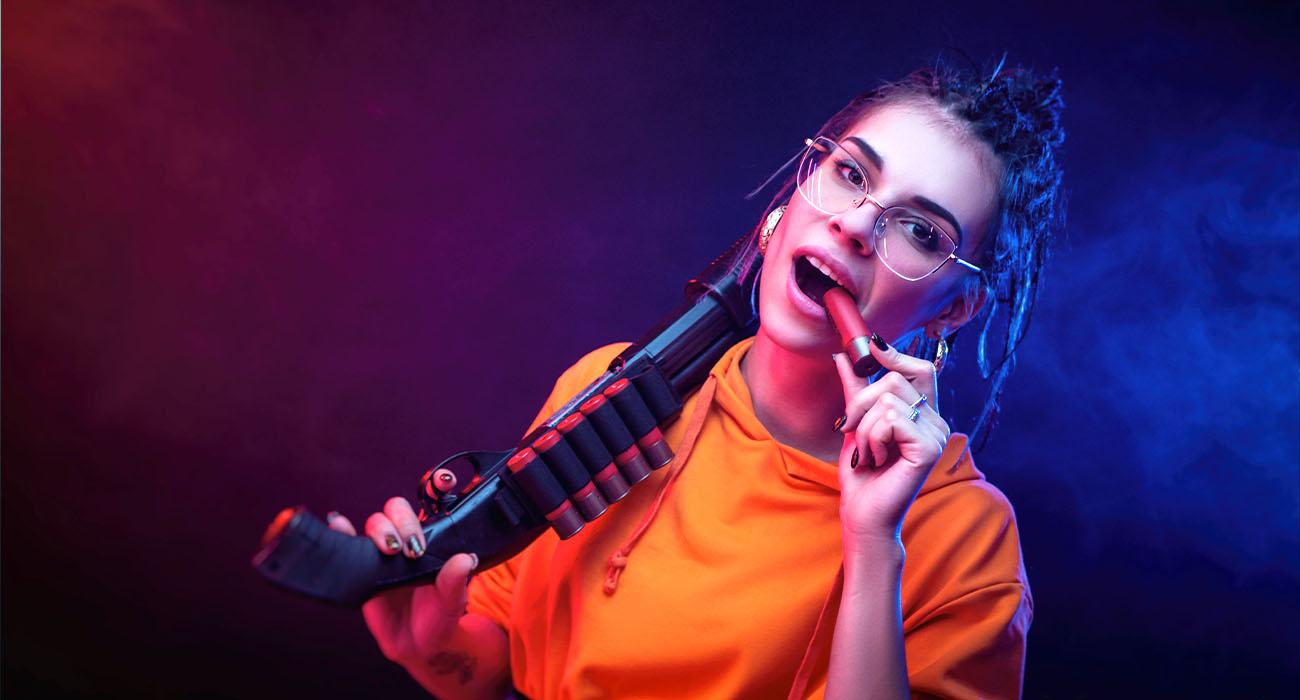
The Rise of K-Pop: How Korean Music Continues to Dominate the Global Scene

Exclusive Interview: Pop Sensation Opens Up About Their New Album and Personal Journey
BUILD YOUR RADIO WEBSITE WITH Pro Radio
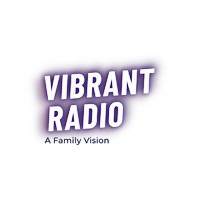
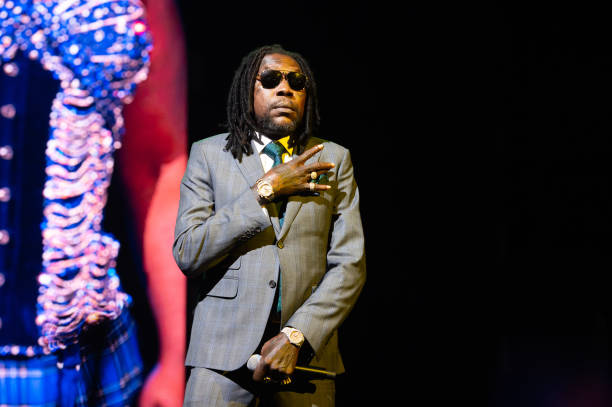
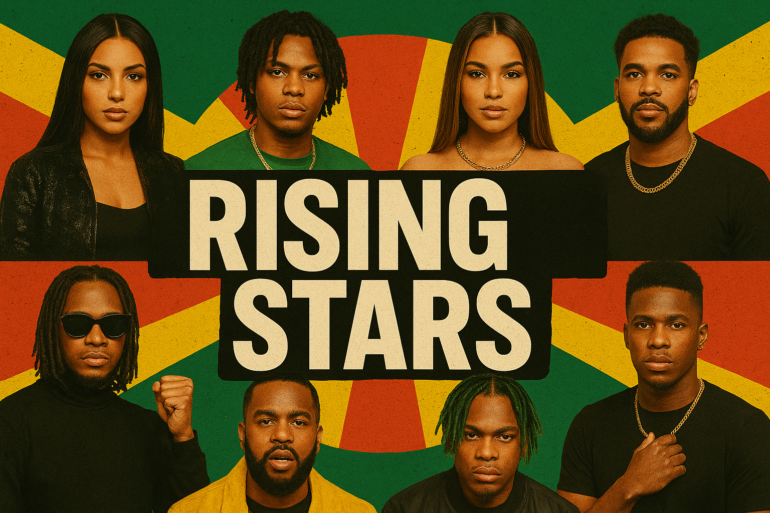
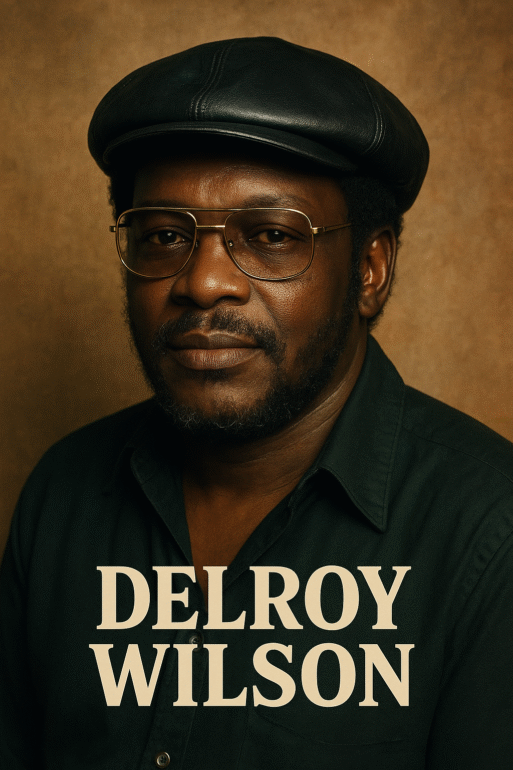
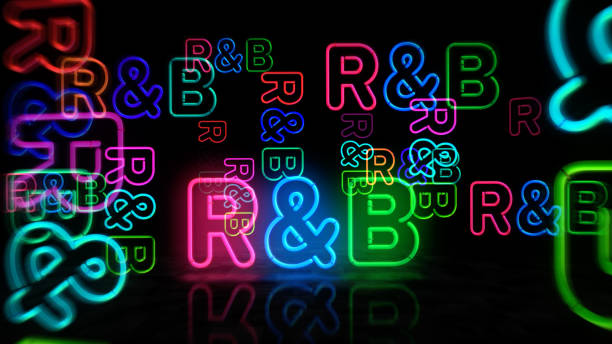
Post comments (0)